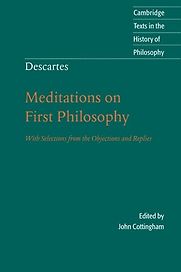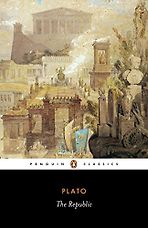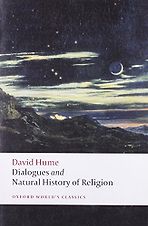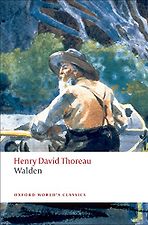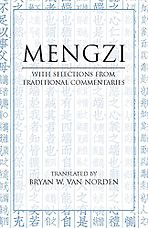Recommendations from our site
“René Descartes is a superb writer who, in his first Meditation (which is the one I’m recommending) takes skepticism—which is an unwillingness to assume anything, a philosophical stance where you question everything—about as far as it can go. Meditations is written as if he is going through a process in real time, he’s imagining himself sitting by a fire taking all the thoughts that he’s had in his past, the different ways of acquiring information, cross-questioning himself about whether he could have been deceived about any of those, and employing what’s come to be known as ‘Cartesian Doubt’. It’s not taking as true anything about which there is the slightest possible doubt. In ordinary life, that’s not a way to behave.” Read more...
Key Philosophical Texts in the Western Canon
Nigel Warburton, Philosopher
“Descartes wants a God that doesn’t speak, because speaking is tantamount to interfering with the orderly and law-like operations of the world.” Read more...
Dallas Denery, Historian
“Descartes wrote the Meditations in a language that was available to a well-educated person who didn’t have that much Latin. Meditations is not only a classic — it’s easy to find almost anything you want in it — but I also see it as one of the books that you could recruit into a history of the philosophy of information……There are many ways of reading the Meditations. Today Descartes speaks more directly to us if you understand him as the equivalent of an engineer testing a product. Much better to read it that way than suggesting that we are living in The Matrix.“ Read more...
The best books on The Philosophy of Information
Luciano Floridi, Philosopher
“Descartes was educated by Jesuits, and it’s important that they were called meditations because they were meant to be things that people would think through themselves.” Read more...
Tim Crane, Philosopher
